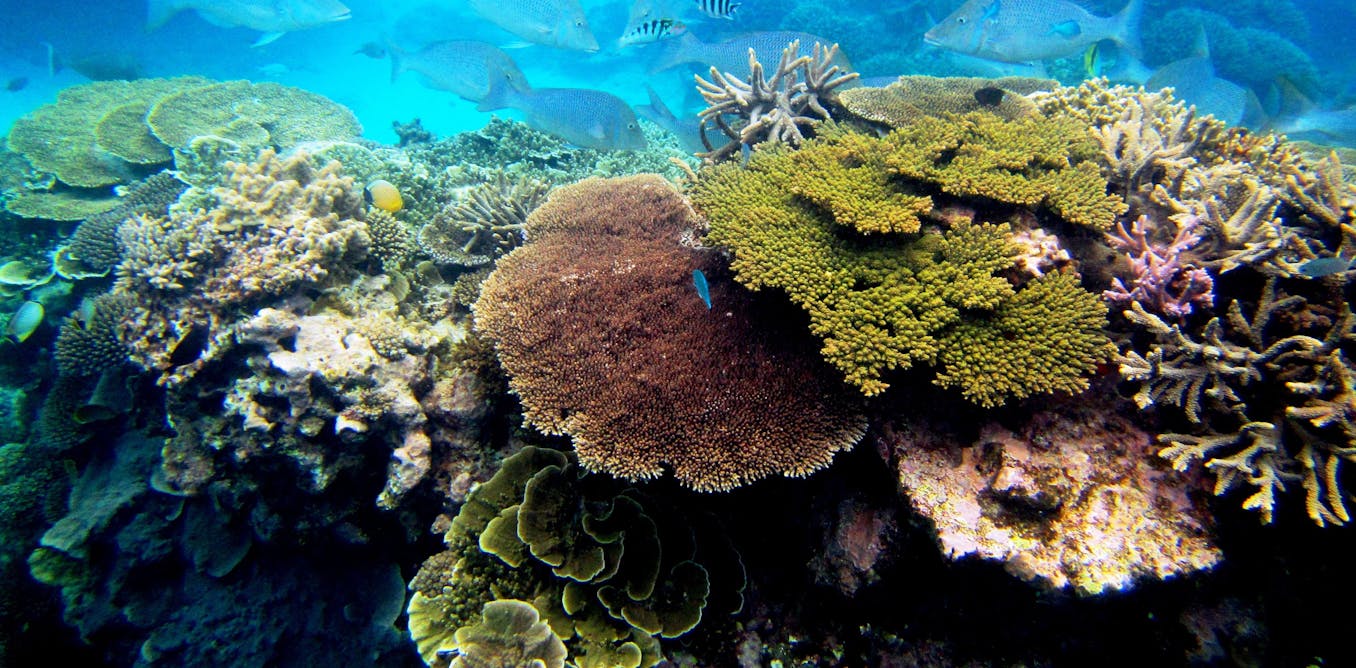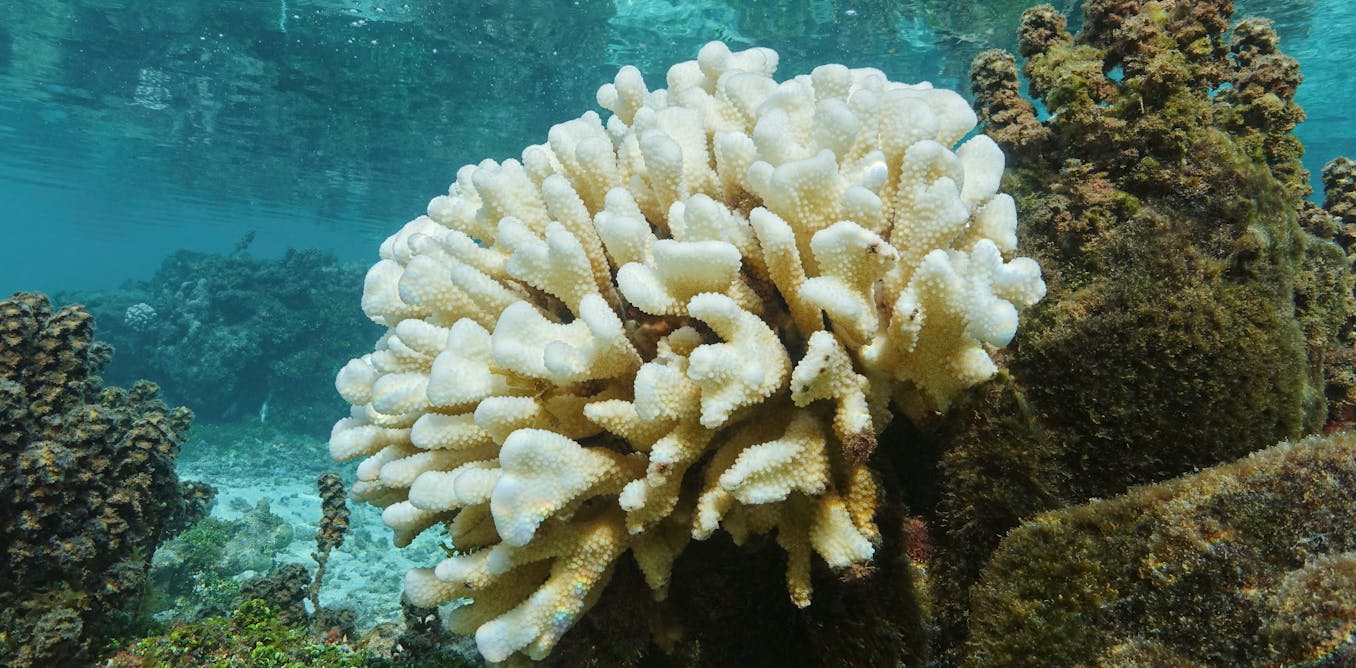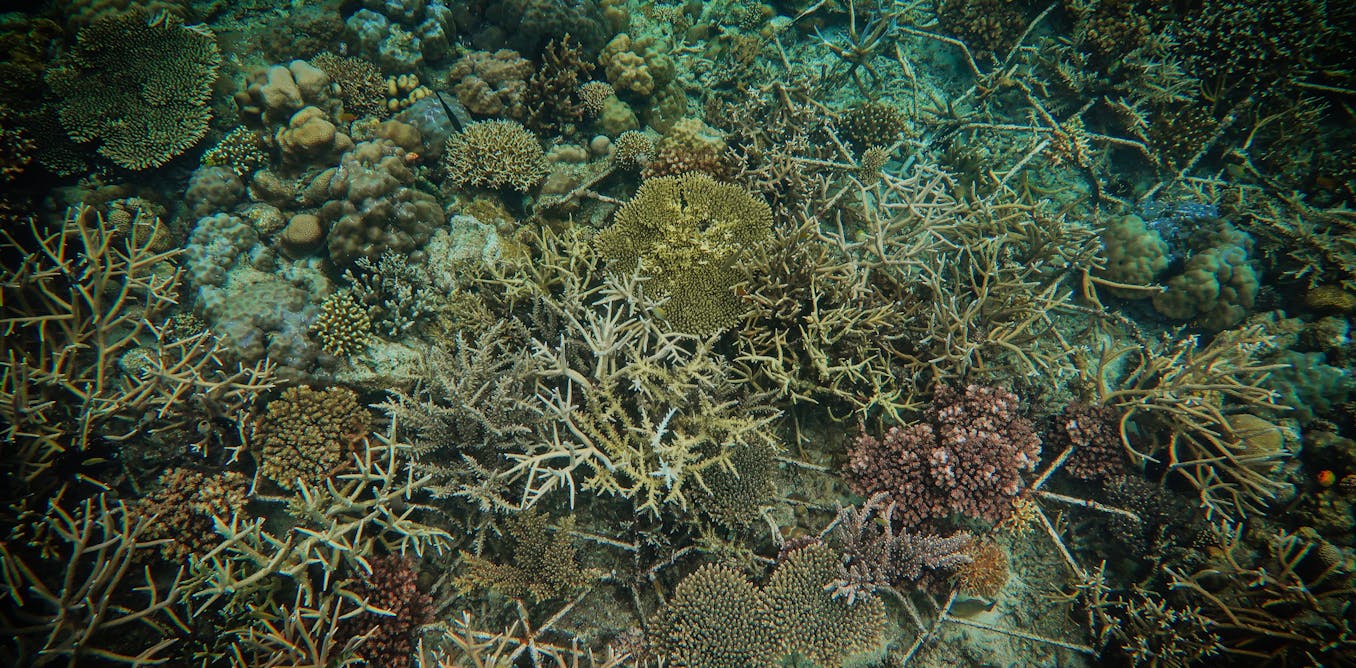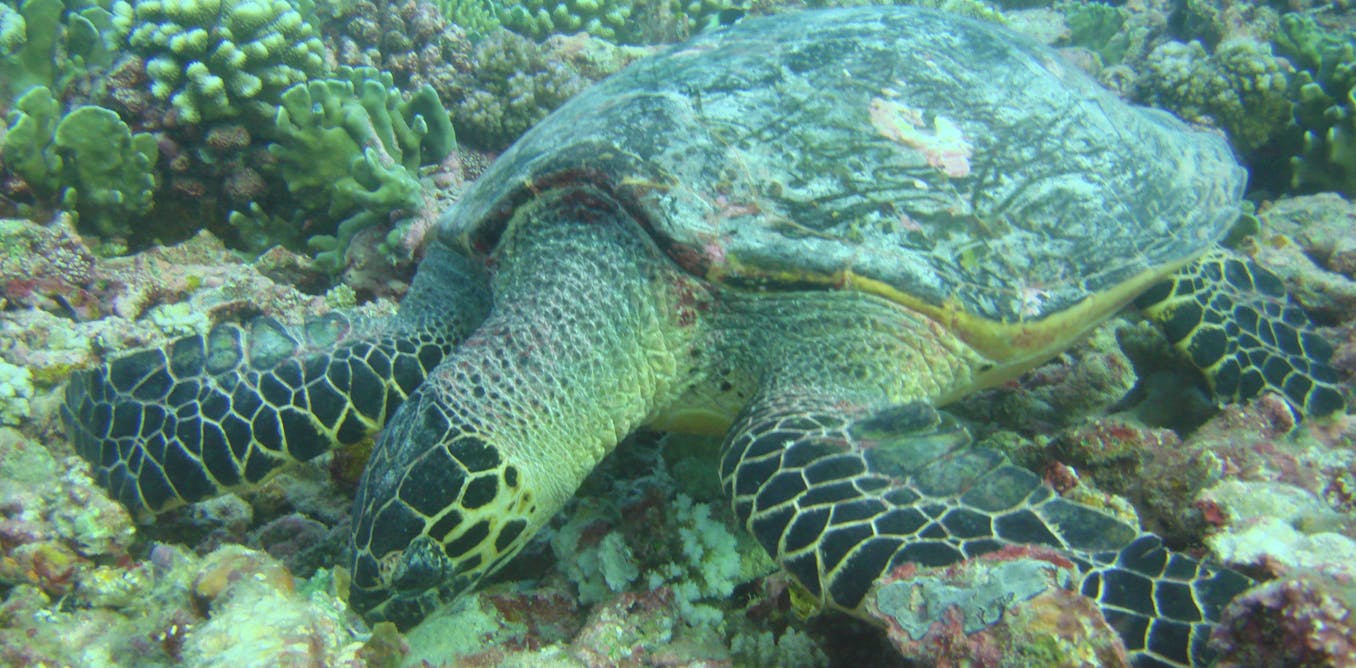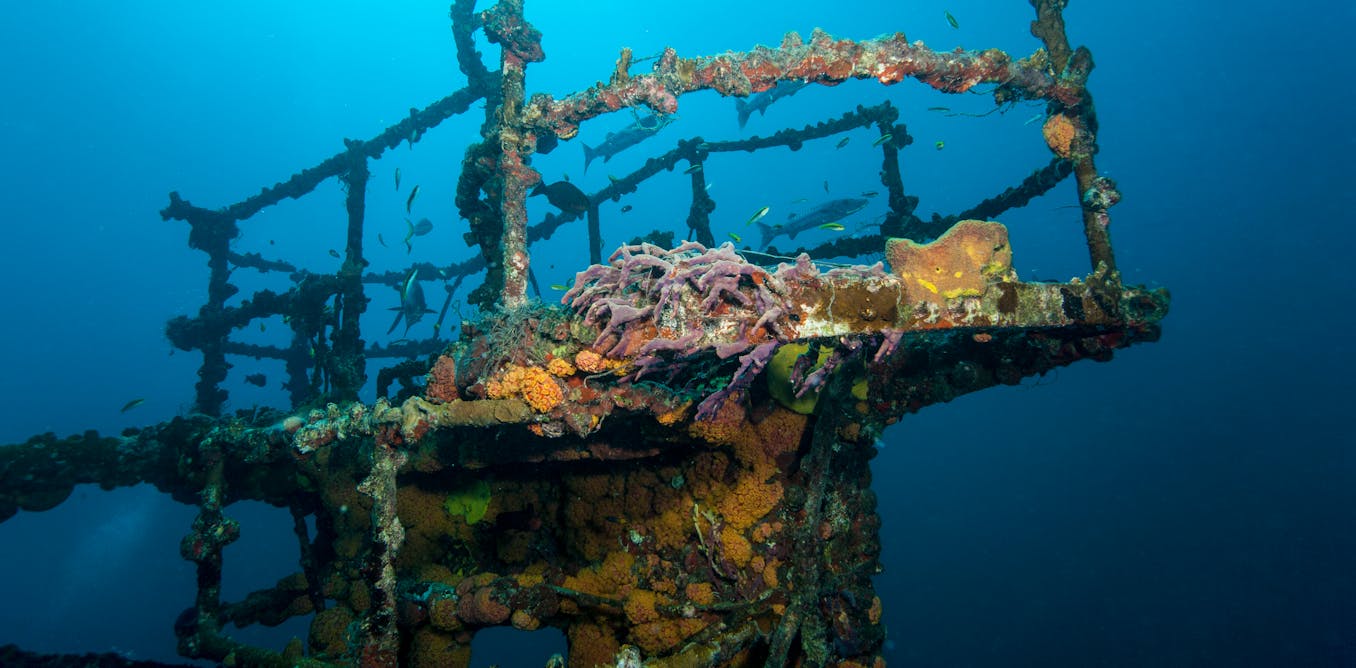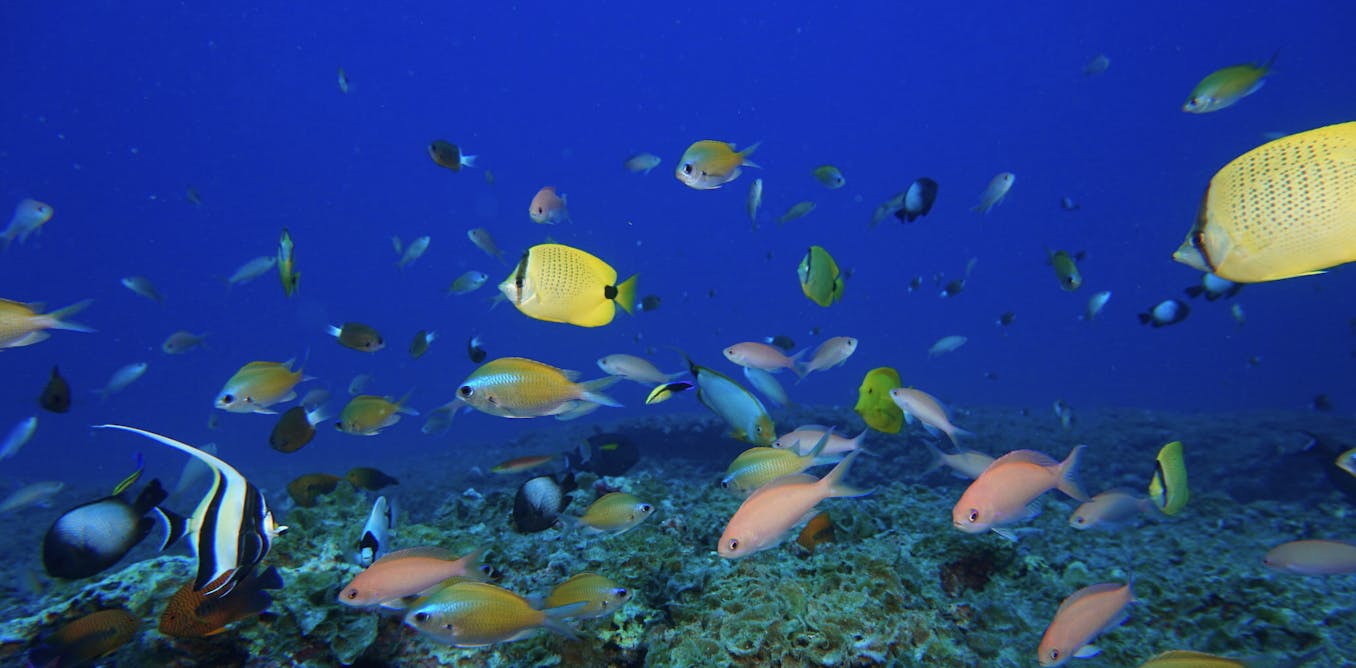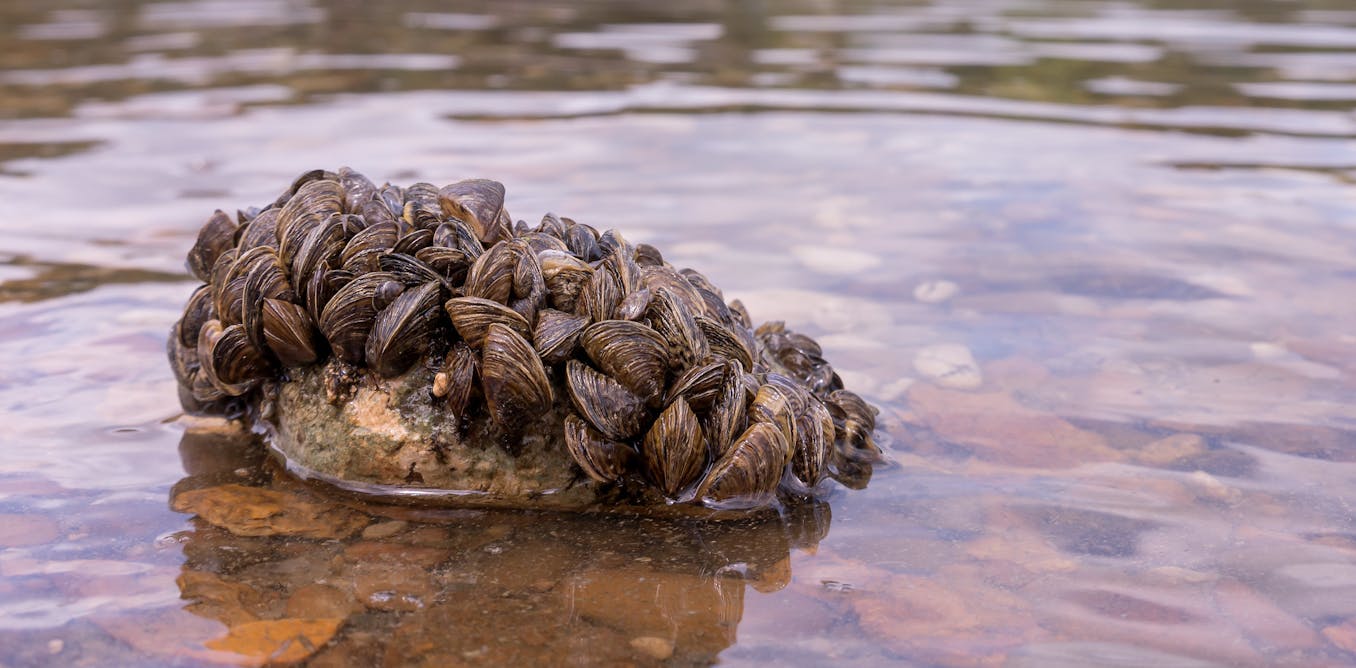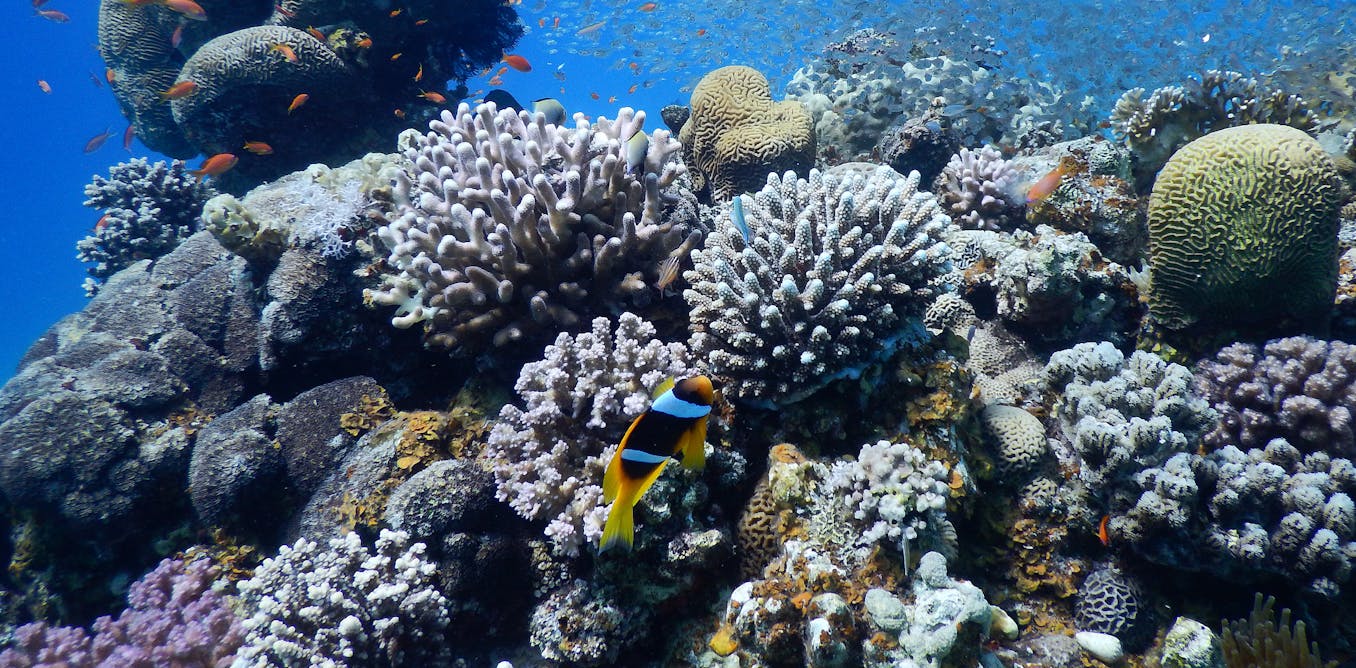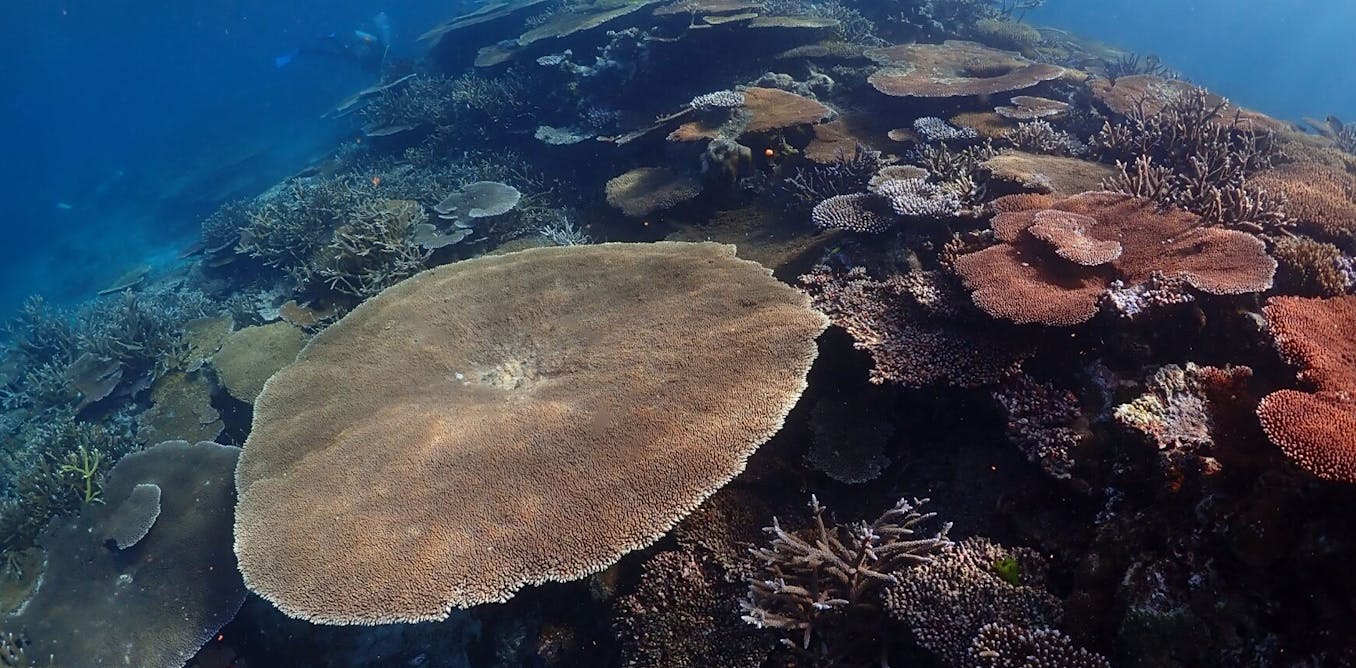As climate change and pollution imperil coral reefs, scientists are deep-freezing corals to repopulate future oceans
Just as the world’s zoos breed critically endangered animals in captivity to repopulate the wild, scientists are building a global effort to freeze corals for reef restoration.
March 28, 2024 • ~11 min

